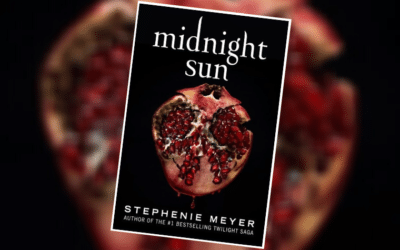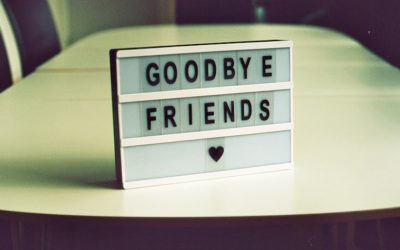Although it’s common for me to get fired up about things I read on the internet, it’s rare that I want to be part of the maelstrom. I come to the internet to be entertained, to research, or to kill five minutes. I don’t come to get involved in hateful battles over political ideology or to try to guilt people into eating better.
But this article in Slate sent me over the edge. “Adults should feel embarrassed about reading literature written for children”? Really? REALLY?

I’m 32 and want to write YA Books for a living. I do read YA for “market research”, because if I want to publish in the genre, I need to know what’s coming out. I’ve read—and will read several more—books that are not to my specific taste as a reader. But among the ones I don’t personally connect with, I will find books I love. Book that I will re-read a dozen times. Books that are so well written that they will make me skeptical that I can ever writing anything worth reading.
I don’t feel ANY shame in being an adult who prefers YA to adult, literary fiction. Because as much as most adults (and especially Ruth Graham, the author of the article) would protest, YA is a lot closer to my life experience than the books they claim are the only ones worth reading.
No, I’m not in high school falling in love for the first time. No, my life is not as neatly tied up as a book. No, my life hasn’t followed an easily traced plot. Yes, there’s a bit more ambiguity and fall out in my life than there are on the pages of a novel. But for me, true love lasts forever. I married my only boyfriend. (My marriage isn’t perfect, but it’s fantastic, and we’re both committed to it, so I don’t roll my eyes over hyperbolic emotion in YA. It doesn’t seem so impossibly off the mark to me.)
Could someone recommend a literary novel to me (one aimed at adults) in which there are happily married characters? Where, even if there’s pain in these people’s lives, they have something (whether it’s family, friends, a pet) to hold onto that’s a comfort from all the misery? Maybe these type of literary fiction books exist and I just haven’t found them, but I basically gave up on the genre when I couldn’t. Because in my life, whether I’ve struggled with infertility, broken relationships, close friends battling with depression, money being tight, death, or taxes, at least something is going well. I’ve never been entirely isolated with my whole world falling apart around me. Furthermore, I’ll admit despite my BA in English, I prefer a book with a gripping plot or well-drawn characters to one with beautiful sentences and a rambling story.
Literary fiction is supposedly a better reflection of the world as it is, but I’m thankful to say that the little of it I’ve read is not a reflection of my world. For me, YA comes closer.
Taking a step back from my personal experience, though, this article angered me more over how Graham talked down to teenagers. Are the teenage years somehow less valuable than adult ones? That teens should strive to “grow out of” books written for them to “real literature” because only the adult life is worth thinking about? Are their experiences with love, lust, divorce, depression, friendship, etc., less valid because they haven’t gotten older (and probably more jaded) yet?
And if adults should be embarrassed by reading literature written for children, should the adults who write literature for children be even more humiliated? Should Beverly Cleary, E.B. White, Laura Ingalls Wilder, Judy Blume, J.D. Salinger, and L.M. Montgomery feel ashamed of their life’s work? Or did she just mean Stephenie Meyer, Veronica Roth, Gayle Forman, and John Green, whose books she referenced in her article?
Finally, is she (or people like her) to be the sole judge of what people should read? Does she really want a world in which everyone has the same taste in fiction? Graham would HATE to be forced to read many of my favorite books, and I would deplore being forced to read hers. Is she not aware that there are thousands of intelligent adults who simply have different reading habits than she does? Can’t we live and let live?
Or do we have to pretention shame (yeah, I just made that up, but it fits) others in order to feel smarter? As far as I can see, that’s all she was doing.
So what did you think? Did this article enrage you as much as it angered me?




